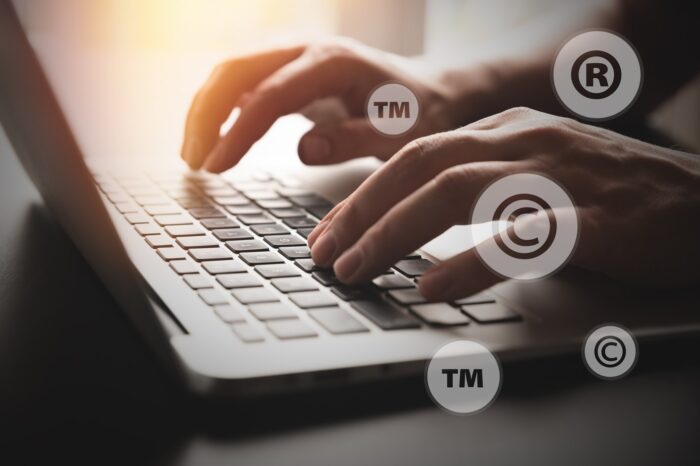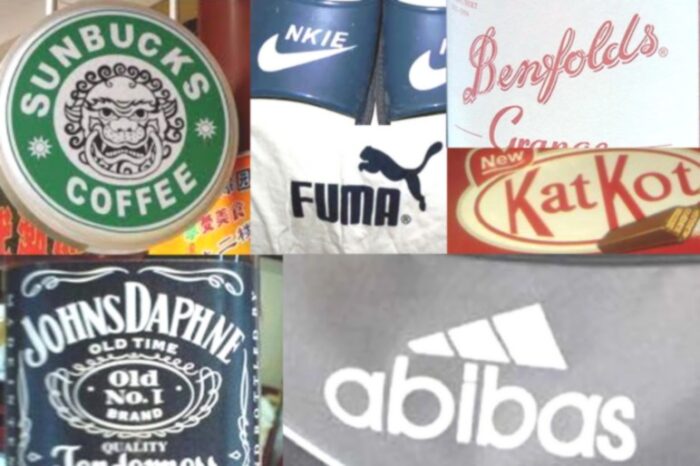03 Dec Can you trade mark a NFT?
Non-fungible tokens (NFTs) are quickly taking over the digital artwork landscape. Since their emergence in 2015, they have grown to one of the largest internet trends this year, with the industry now worth an estimated AUD $9.7 billion.
Despite rising popularity, concerns of plagiarism and fraud have raised several pressing legal issues, namely how does one protect their non-fungible IP in a seemingly unregulated market? And can you obtain registered rights for an NFT? Can an NFT be trade marked?
What is a NFT?
In their most simplest form, NFTs represent unique pieces of data that are stored on a digital ledger (blockchain). Each NFT is minted and holds an individual value, distinguishing NFTs from cryptocurrencies such as Bitcoin, which all hold equal value and are interchangeable (fungible). Proof of NFT ownership is stored on the blockchain, with the majority of NFTs supported by the Ethereum blockchain.

This NFT by Bored Ape Yacht Club sold in October for $3.4m USD.
Commercial interest in NFTs arise from their ability to represent virtual assets which can be sold and purchased through auction or various virtual marketplaces, such as Rarible or Makersplace. NFTs are typically depicted as digital artworks, famous works including Beeple, Crypto Punk and XCOPY. NFTs can be presented in any digital medium such as film and video games and have the potential to be sold at incredible values. Certain NFT games like CryptoKitties and Axie Infinity can even generate income and are quickly becoming a new investment vehicle for savvy users. The science behind NFTs may be difficult to understand, and their underlying value even more so, but in the meantime NFTs have become a genuine asset class and traders should be prepared to know how to protect them.
Can I register a trade mark for NFTs as digital artworks?
As brands and creators become more aggressive in creating their own unique virtual tokens during this NFT boom, it would be prudent to include these assets in their IP protection strategies.
Popular NFTs, such as the above depicted Bored Ape, have become synonymous with their creators. It’s quickly becoming apparent that NFTs are joining the limited list of signs which can act as a badge of origin for traders.
One of the major uncertainties of NFT ownership is that proof of identity lies in the blockchain, which is currently unregulated. The blockchain does have the advantages of being an open sourced distributed ledger so ownership and transfers can be traced. When dealing with such high-valued assets, traders should consider extending their trade mark portfolios to include these assets.
Although Australian IP and Consumer Law doesn’t currently accommodate NFTs, they are goods which can be theoretically trade marked. Trade marks for NFTs could be registered for goods classified as works of art.
Under which trade mark classes could the NFT artworks fall under?
The NICE Classification system (international classification of goods and services ) already contains pre-approved wording for artworks of various materials, such as metal works of art in Class 6, or works of art made of card in Class 16.
If NFTs are considered as being similar to digital artworks, then they would likely be classified in Class 9, under recorded content. This imposes a relatively shallow viewpoint of what constitutes an NFT however, and they could theoretically fall into a variety of classes depending on the specific NFT and its method of representation.
Examples of trade mark applications in relation to NFTs
Several applications have already been filed for NFTs, with prominent US based organisations such as Mattel Inc, Marvel Characters Inc, and Lions Gate Entertainment Inc filing to protect their downloadable virtual goods.
There have also been trade mark applications to register the marketplaces where NFTs are sold, and even more complex, the virtual world where these NFTs are exhibited and placed on display.
Such trade marks are commonly filed as services in classes 35 and 41, in analogy with online marketplaces and entertainment services. However, these examples were all lifted from the US trade mark register, and it is unknown how their filings will impact the Australian marketplace, where NFT trade mark applications seem scarce.
Key Takeaways
As NFTs continue to dominate the virtual landscape, the pressure is mounting for traders to protect these digital “badges of origin”.
IP Australia and international trade mark offices are yet to adopt a uniform approach for NFT trade mark registrations. Although additions have been made to the NICE database to incorporate cryptocurrency and related services, the same is yet to occur for NFTs and their associated worlds, marketplaces or various artworks.
Despite the underlying complexities of NFT creation and purchase, it seems that the most prevalent legal issues lie not in registering individual NFTs, but rather which class of good or service they will be classified as, and what will be accepted as valid by IP Australia.
It is important to do due diligence when registering an NFT and consider the points mentioned above.
Progressive Legal can assist you with registering Trade Marks properly under the classification that will protect your business for what you’re doing. We also provide legal advice and documents in relation to goods and services in the crypto space. Contact us here for more information or call 1800 820 083.
Contact Us
Related Articles
- 01 February, 2024
- 18 January, 2024

Ian Aldridge is the Founder and Principal Lawyer Director at Progressive Legal. He has over 15 years experience in advising businesses in Australia and the UK. After practising in commercial litigation for 12 years in major Australian and International Law Firms, he decided to set up a NewLaw law firm in Australia and assist growing Australian businesses. Since then, he has advised over 2,500 small businesses over the past 6 years alone in relation to Intellectual Property Law, Commercial, Dispute Resolution, Workplace and Privacy Law. He has strived to build a law firm that takes a different approach to providing legal services. A truly client-focused law firm, Ian has built Progressive Legal that strives to deliver on predictable costs, excellent communication and care for his clients. As a legal pioneer, Ian has truly changed the way legal services are being provided in Australia, by building Legal Shield™, a legal subscription to obtain tailored legal documents and advice in a front-loaded retainer package, a world-first. He has a double degree in Law (Hons) and Economics (with a marketing major). He was admitted to the Supreme Court of NSW in 2005.




